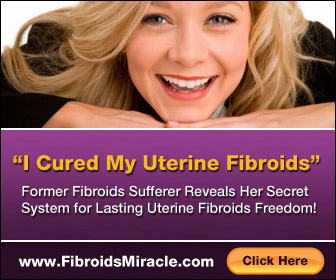Uterine fibroids, also known as uterine leiomyoma, is an abnormal growth of tissue on the female uterine wall. They are sometimes mistaken as a form of cancer. This is a common condition, even on healthy women.
These fibroids are mostly present during women’s reproductive years. They can shrink during menopause since they are dependent on estrogen levels.
These fibroids, though harmless, can cause pains during menstruation and sexual intercourse. In some cases, the pain would be too much to handle, making the individual incapable of functioning properly. They also cause constipation and heavy bleeding in pregnant women.
These severe cases would soon worsen to the point that the patient can no longer work properly. Fibroids can also cause more than pain if it worsens. It would be safe to say that the condition would be like a disability. The question is, is uterine fibroid considered a disability?
Disability, in layman’s term, is a condition that gives an individual a limitation. This limitation could be in the form of basic movements or abilities like talking. Disabled people would need an equipment to help or compensate for this limitation.
Based on this definition, having uterine fibroids would not be considered a disability. The condition, after all, can be treated with surgery and other medical prescriptions. Even if the tumor has a fast or slow pace of growth, fibroids is not an impairment.
But there are some instances wherein these leiomyomas cause more than just recurring pain. Studies have shown that these lumps can affect the fertility of a female and can cause miscarriage.
Several forms of cancer and tumor growths are considered a disability. Fibroids, however, is not listed as one. Leiomyoma can be treated by natural means, medications, or surgery.
Though it is not considered a disability, untreated leiomyoma can lead to one.
Blood loss due to uterine leiomyoma can cause anemia. Some administrations on disabilities include anemia in their list. Also, they provide disability benefits to anemic people, which labels this impairment as a disability.
If fibroids are left untreated, they would cause gynecological complications.
Uterine leiomyoma is also linked with endometriosis. Endometriosis is a gynecological impairment which, like fibroids, causes heavy bleeding in the uterus. It is also a contributor to infertility.
In some cases, leiomyosarcoma may emerge. This is a rare form of cancer that develops inside a tumor. Cancer, in any kind, is a disability. The chances of this cancer to form in a fibroid is less than 1%.
Fibroids can change the menstrual cycle and other parts of the female reproductive system. They can also reduce fertility. Fibroids affect the entry of sperms and can block the fallopian tubes. Some infertile women were also found to have fibroids in their uterine lining.
Uterine fibroids can cause severe disabilities. This will only happen if the person fails to act after diagnosis.
Continuing with their vices would also worsen the growths and can cause more pain. Maintaining a healthy lifestyle, and taking prescribed medicine can take you away from situations written above.


